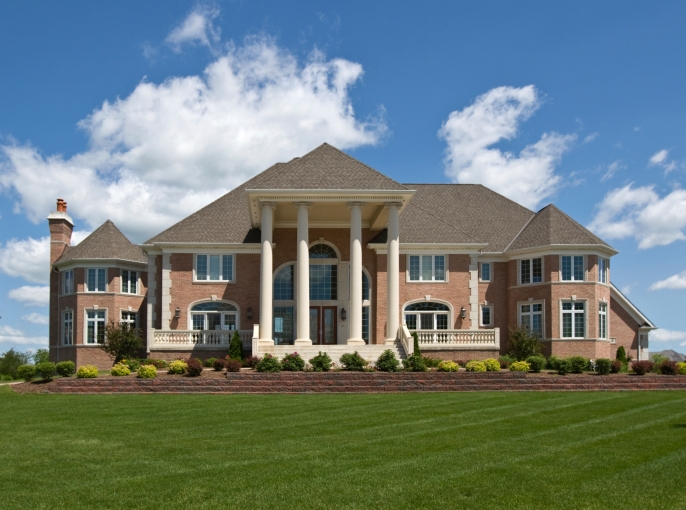Investment and Luxury Home Prices Up

Median prices for investment housing are increasing at a faster pace than prices for owner-occupied homes, according to data from HomeUnion, an online real estate investment management firm.
In the latest HomeUnion Home Sales Report, prices for investment housing—covering both financed and all-cash transactions—were up by 7.1 percent on a year-over-year measurement to $213,300 last month, while the median price for owner-occupied homes increased four percent to $274,500 in July. The median price for all housing types rose 4.5 percent on a year-over-year basis last month to $255,700.
“Investor demand for single-family rentals remains strong, as evidenced by the overall decline in cap rates in July,” said Steve Hovland, director of research for HomeUnion. Cap rates for all types of investment housing dropped 50 basis points to 5.1 percent, cash cap rates retreated 60 basis points to six percent and leveraged investment cap rates declined 20 basis points to 4.4 percent. Overall, the housing market remains solid, although we’ve started to see evidence of moderating price growth nationwide. This slower price growth is correlated to the seasonality of the housing market: we are coming off a frenzied spring buying season that is beginning to cool.”
Separately, data released by the real estate brokerage Redfin found luxury home prices upticked by 0.8 percent on a year-over-year measurement during the second quarter, with the inventory of homes priced above $1 million down 0.5 percent from a year earlier while sales for these pricey properties surged 10.7 percent.
While luxury prices were up in such markets as Miami Beach (21.6 percent), Boston (15.7 percent), Portland (15.2 percent) and San Diego (13.2 percent), there was prices took a tumble in such areas as San Francisco (-11.1 percent), Scottsdale, Ariz. (-10.4 percent), Fort Lauderdale (-4.9 percent) and Bellevue, Wash. (-4.2 percent).
“For the most part, the housing market can stomach large swings in the stock market,” said Redfin Chief Economist Nela Richardson. “But there are markets, like Silicon Valley, that become queasy when the equity market is this volatile. In these areas, homebuyers’ wealth and down payments are more closely tied to stocks. In addition, foreign buyers who normally flock to these cities are also highly sensitive to global volatility. I expect a bit of motion sickness as high-end buyers decide whether parking their money in real estate is a safe place in a rocky global economy.”





